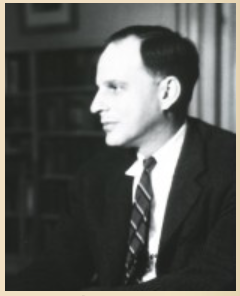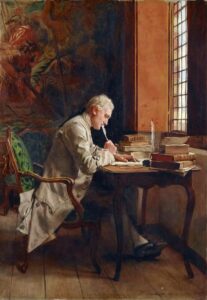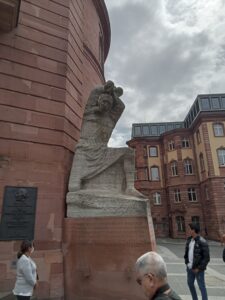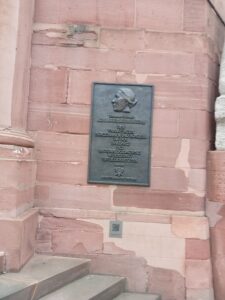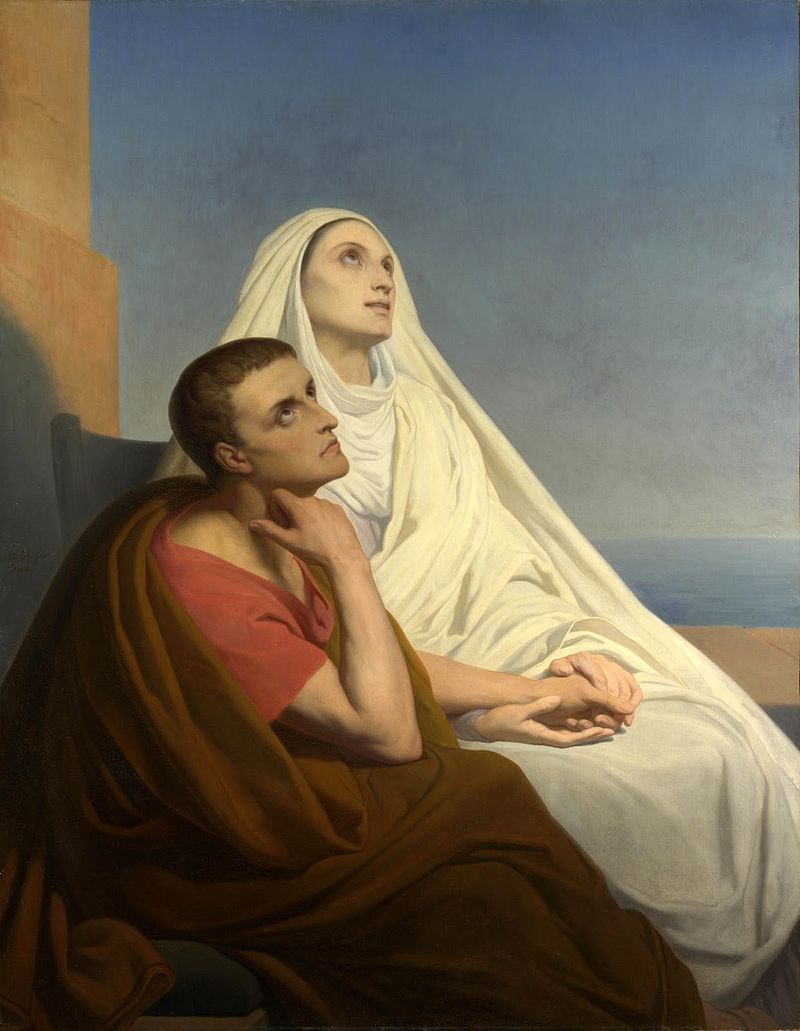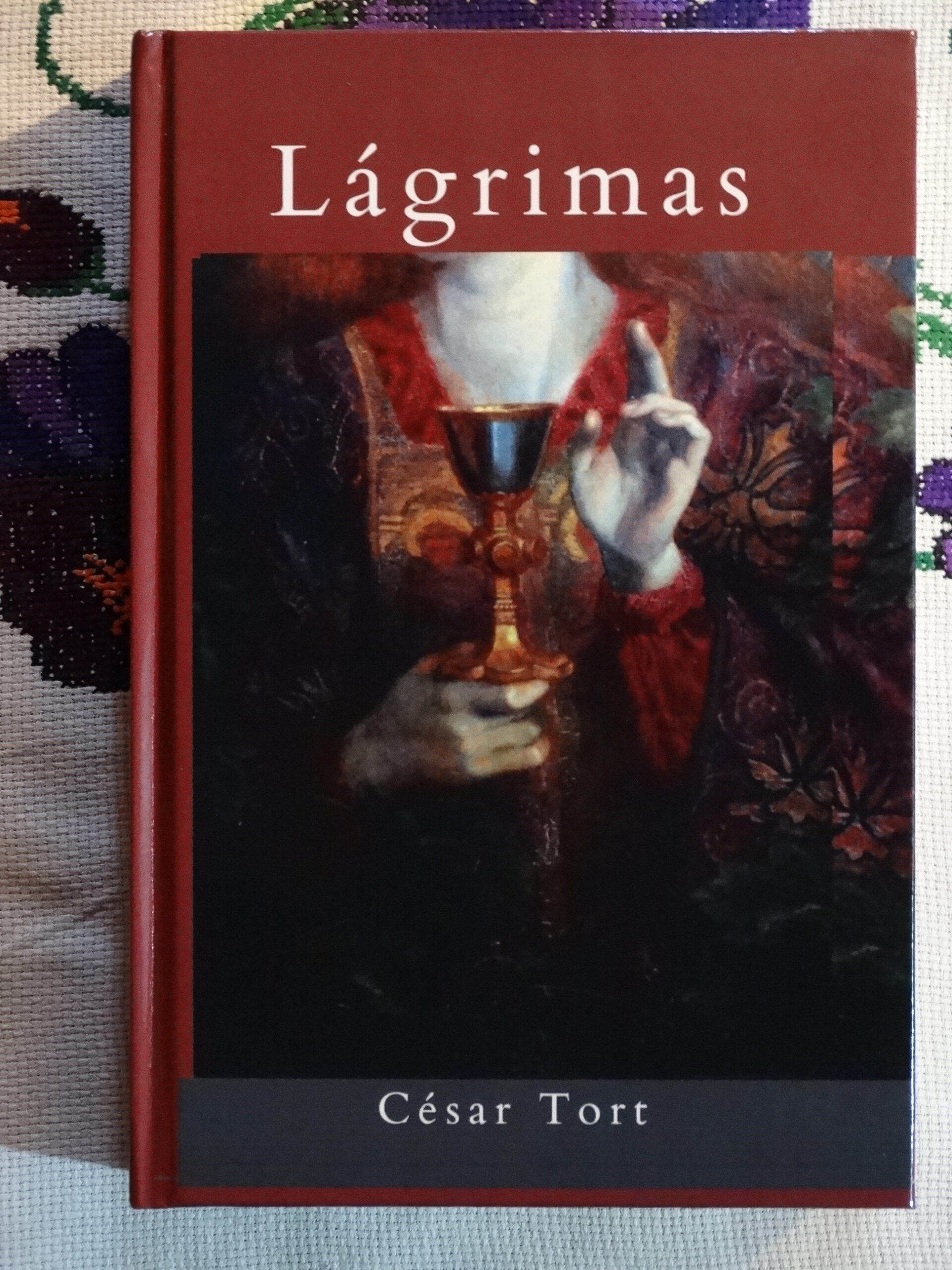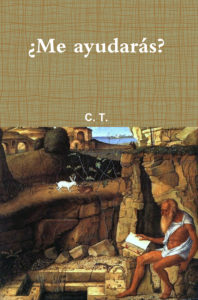sentences of Alice Miller’s
Breaking Down the Wall of Silence:
______ 卐 ______
 “…the wall of silence behind which society has sought to protect itself from the truth about cruelty and abuse in childhood”. (Foreword, page 5)
“…the wall of silence behind which society has sought to protect itself from the truth about cruelty and abuse in childhood”. (Foreword, page 5)
“Parents are indeed capable of routinely torturing their children without anyone interceding”. (Chapter 1, “Eve’s Initiative”, page 14)
“…remained completely repressed in me for almost sixty years. As a result, I betrayed that little girl [the inner girl that still inhabited in Miller’s heart]… There was no one to help me condemn cruelty”. (Chapter 2, “Out of the Prison of Confusion”, page 20)
“Hard as it is to believe, in the entire world there is not one single faculty in which a degree is offered in the study of psychic injuries in childhood”. (Ibid., page 25)
“So psychiatrists have… chosen not to know how psychoses develop”. (Chapter 3, “The Psychiatrists’ Campaign Against the Act of Remembering”, page 32)
“…that voice [of Miller’s inner wounded child], because it has taught me more than all the books I have ever read”. (Ibid., page 33)
“My justifiable anger makes me strong and aware. I can see through the lies because I have stopped forgiving, stopped praying or speculating, stopped laying the guilt on myself” (Ibid., page 35)
“…how damaging it is to preach forgetfulness and forgiveness. Isn’t that just what your patients have done their whole lives, and is that not why they have remained disordered?” (Ibid., pages 36-37)
“…what was previously regarded as a sin—criticism of our parents—is, in reality, our only chance of becoming healthy”. (Ibid., page 38)
“Psychoanalysis does not distort the truth by accident. It does so by necessity. It is an effective system for the suppression of the truth about childhood, a truth feared by our entire society. Not surprisingly, it enjoys great esteem among intellectuals”. (Chapter 4, “Blindman’s Buff and the Flight from the Facts in Psychoanalysis”, pages, 42-43)
“…fear of the truth about child abuse is a leitmotif of nearly all forms of therapy known to me”. (Ibid., page 48)
“Hate that we have experienced is not a poison, but one way out of the trap…” (Chapter 5, “The Media and the Wall of Silence”, page 61)
“To dismiss such people as ‘self-pitying’ only says something about one’s own early experiences…” (Ibid., page 71)
“And why, anyway, do human beings go on worshipping such horrific gods? (Chapter 6, “Child Sacrifice as ‘Tradition’”, page 77. Miller is referring to the god of the Jews. See also pages 193-199 of my book Day of Wrath.)
“The danger does not lie with individuals, however criminal they may be. Far more, it lies in the ignorance of our entire society… Teachers, attorneys, doctors, social workers, priests, and other respected representatives of society protect parents… Even the child protection agencies insist that this crime, and this crime alone, should go unpunished”. (Chapter 8, “The Monstrous Consequences of Denial”, page 87)
“The majority of therapists fear this truth. They work under the influence of destructive interpretations culled from both Western and Oriental religions, which preach forgiveness… they offer traditional morality… Forgiveness does not resolve latent hatred and self-hatred but rather covers them up in a very dangerous way”. (Chapter 9, “The Liberating Experience of Painful Truth”, page 131)
“By refusing to forgive, I give up my illusions. A mistreated child, of course, cannot live without them. But a grown-up therapist must be able to manage it. His or her patients should be able to ask: ‘Why should I forgive, when no one is asking me to? I mean, my parents refuse to understand and to know what they did to me. So why should I go on trying to understand and forgive my parents and whatever happened in their childhood, with things like psychoanalysis and transactional analysis? What’s the use? Whom does it help? It doesn’t help my parents to see the truth. But it does prevent me from experiencing my feelings, the feelings that would give me access to the truth. But under the bell-jar of forgiveness, feelings cannot and may not blossom freely’. Such reflections are, unfortunately, not common in therapeutic circles, in which forgiveness is the ultimate law”. (Ibid., page 135)
“This ideology is indivisible with the command ‘Thou shalt not be aware’ [of the cruelty your parents inflicted to you] and with the repetition of that cruelty on the next generation.
”But the demand for forgiveness that I often encounter can pose a danger for therapy, even though it is an expression of our culture. Mistreatment of children is the order of the day, and those errors are therefore trivialized by the majority of adults. Forgiving can have negative consequences, not only for the individual, but for society at large, because it can mean disguising erroneous opinions and attitudes, and involves drawing a curtain across reality so that we cannot see what is taking place behind it.
”The possibility of change depends on whether there is a sufficient number of enlightened witnesses to create a safety net for the growing consciousness of those who have been mistreated as children, so that they do not fall into the darkness of forgetfulness, from which they will later emerge as criminals or the mentally ill”. (Ibid., pages 135-136)
“How much unnecessary suffering [emphasis by Ed.] would I, my children and their future children, have been spared if I had been able to read this book when I was young…” (Ibid., letter to Miller, page 157)
“If one day the secret of childhood were to become no longer a secret, the state would be able to save immense sums that it spends on hospitals, psychiatric clinics, and prisons maintaining our blindness. That this might deliberately happen is almost too incredible a thought”. (Ibid., page 143)

